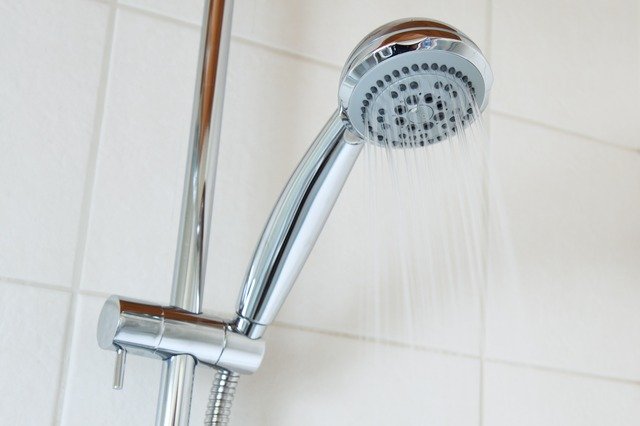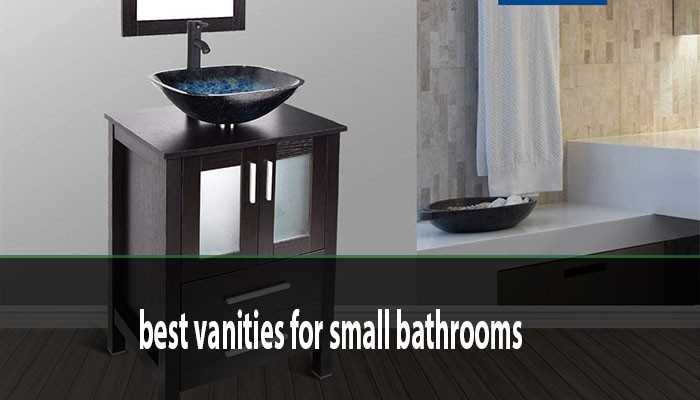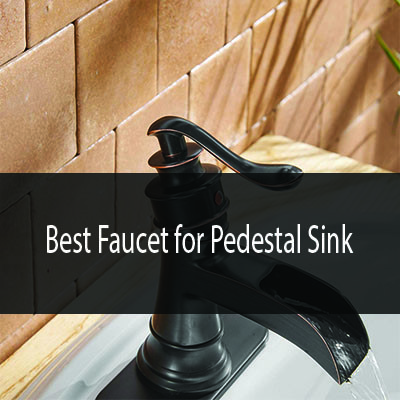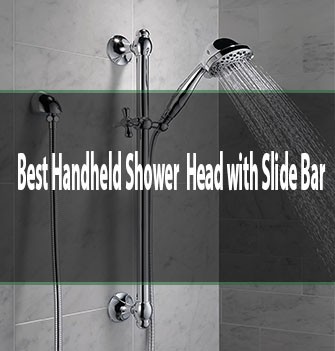Choosing the right shower door for a tight space can feel overwhelming, especially with so many options available. Whether you're renovating a small bathroom or simply looking to upgrade your existing shower setup, understanding what to consider when picking a shower door for a tight space is crucial. The right door can not only enhance the aesthetic appeal of your bathroom but also maximize functionality. In this guide, I’ll share valuable insights, tips, and expert advice to help you navigate the selection process seamlessly. So, let’s dive into the essential factors to keep in mind!
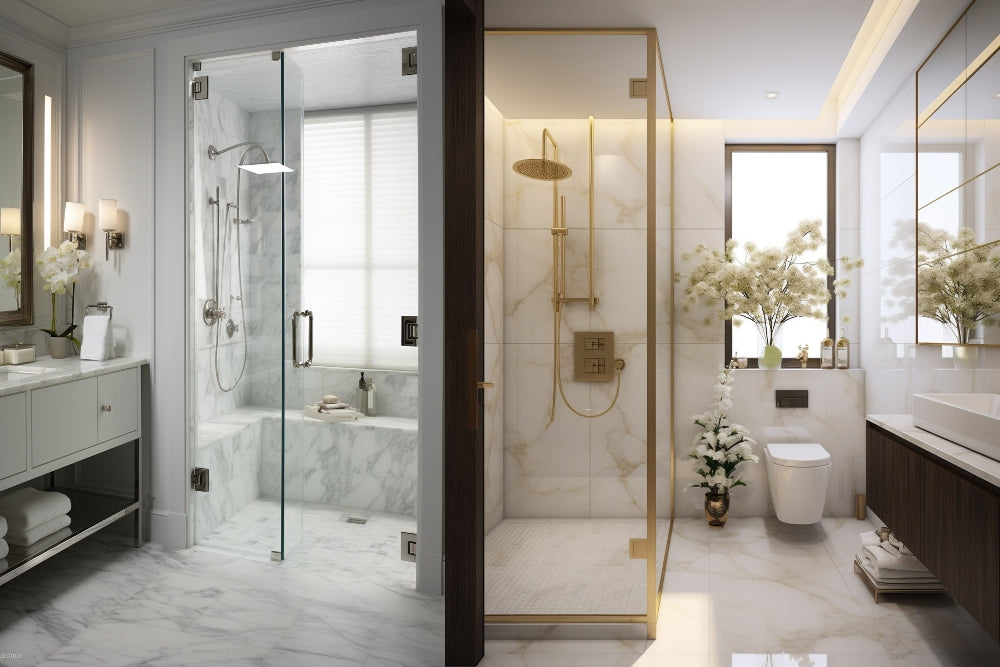
Source: www.inyouths.com
Table of Contents
Understanding Shower Door Types
When considering a shower door for a tight space, it’s essential to familiarize yourself with the different types available. Each type has unique features that can either enhance or limit your bathroom's functionality.
Hinged Shower Doors
Hinged shower doors swing open like a traditional door, which can be a great option if you have enough space outside the shower area. However, in tight spaces, these doors may require more clearance to open fully.
Key Features:
- Typically made from glass
- Available in various styles and finishes
- Can be customized to fit your space
Pros:
- Elegant look
- Easy to clean
- Provides a spacious feel
Cons:
- Needs clearance to swing open
- May not be suitable for very tight spaces
Ideal Users: Those with a bit of extra space outside the shower area.
Bi-Fold Shower Doors
Bi-fold doors are perfect for tight spaces as they fold inwards, taking up minimal room. They are a great choice for smaller bathrooms where every inch counts.
Key Features:
- Made of two or more panels that fold together
- Can be made of glass or acrylic
Pros:
- Space-saving design
- Stylish and modern look
- Easy to operate
Cons:
- May not provide the same level of sealing as other types
- Can be more complex to install
Ideal Users: Homeowners with limited space who still want an elegant look.
Sliding Shower Doors
Sliding doors operate on a track system and glide open and closed, making them an excellent option for tight spaces. They don’t require any swing space, allowing for maximum accessibility.
Key Features:
- Typically made from glass
- Available in various styles
Pros:
- Space-efficient
- Easy to access
- Modern and stylish
Cons:
- Tracks can accumulate dirt and debris
- May require more maintenance
Ideal Users: Those with very little space who want a functional and sleek design.
Curved Shower Doors
Curved shower doors create a unique look and can fit into corners, making them a good option for tight spaces. They often come as part of a corner shower unit.
Key Features:
- Curved design to fit into corners
- Usually made from acrylic or glass
Pros:
- Stylish and modern
- Maximizes shower space
- Can create an illusion of more room
Cons:
- Limited options for customization
- May require specific shower bases
Ideal Users: Those looking to maximize space in a corner shower setup.
Frameless Shower Doors
Frameless doors are becoming increasingly popular due to their sleek and modern appearance. They can make a small space feel larger and more open.
Key Features:
- Made from thick tempered glass
- No metal frame
Pros:
- Creates an open and airy feel
- Easy to clean
- Highly customizable
Cons:
- Generally more expensive
- Requires professional installation
Ideal Users: Homeowners seeking a high-end look and feel.
Assessing Your Bathroom Layout
Before choosing a shower door, it's crucial to evaluate your bathroom layout. Understanding your space will help you determine which type of door will work best.
Measuring Your Space
Start by measuring the width and height of your shower opening. Ensure you account for any fixtures, such as faucets or shelves, that might interfere with door operation.
Considering Door Swing
If you opt for hinged doors, consider how much space you have for the door to swing open. If the door swings into the bathroom, ensure there’s enough room for movement. If space is limited, sliding or bi-fold doors may be more appropriate.
Analyzing Shower Placement
The placement of your shower in relation to other fixtures is crucial. If your shower is located near a toilet or sink, a sliding or bi-fold door will likely be the best option to avoid crowding.
:strip_icc()/shower-marble-walls-warm-tones-11d1e490-bbf38e434f834cde8e3ea7d43d727f44.jpg)
Source: www.bhg.com
Material Matters
The material of your shower door can significantly impact both aesthetics and functionality. Here are the most common materials used:
Glass
Glass doors are popular for their elegant appearance and ability to create a sense of openness. They are available in several thicknesses, with thicker glass providing better durability.
Types of Glass:
- Clear glass: Offers an unobstructed view.
- Frosted glass: Provides privacy while still allowing light.
- Textured glass: Adds a decorative touch.
Acrylic
Acrylic doors are lightweight and often more affordable than glass. They are less likely to shatter but may scratch more easily.
Pros:
- Lightweight
- Affordable
- Available in various colors and styles
Cons:
- Less durable than glass
- Can scratch easily
Vinyl
Vinyl doors are another budget-friendly option. They are often used in combination with acrylic or glass for added durability.
Pros:
- Affordable
- Easy to clean
- Available in various styles
Cons:
- Less durable than glass
- Can discolor over time
Style and Aesthetics
Choosing a shower door that complements your bathroom's overall style is essential. Here are some popular styles to consider:
Modern
If you have a contemporary bathroom, consider sleek, frameless glass doors that create an open feel. Minimalistic designs with clean lines can enhance the modern aesthetic.
Traditional
For a more classic look, opt for framed glass doors with decorative hardware. These can add elegance and sophistication to your space.
Rustic
If your bathroom features rustic elements, consider using wood or wood-like materials for your shower door. This can create a warm and inviting atmosphere.
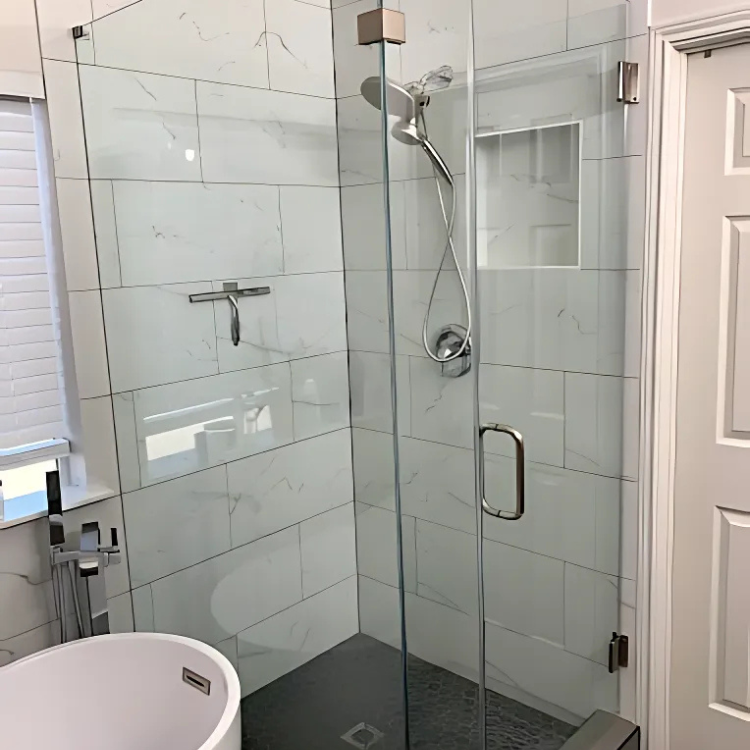
Source: goframeless.com
Installation Considerations
When choosing a shower door, installation is a key factor. Some doors are easier to install than others, and this can affect your overall project timeline.
DIY vs. Professional Installation
If you’re handy, you might consider installing the door yourself. However, for more complex installations, such as frameless doors, hiring a professional is often the best choice.
Tips for DIY Installation:
- Read the manufacturer’s instructions carefully.
- Gather all necessary tools beforehand.
- Ensure you have a helper, as some doors can be heavy.
Cost of Installation
If you choose to hire a professional, be prepared for installation costs. Prices can vary based on the type of door and the complexity of the installation.
Maintenance Tips
Proper maintenance can extend the life of your shower door and keep it looking new. Here are some tips to consider:
Regular Cleaning
Regularly clean your shower door to prevent soap scum and mineral buildup. Use a non-abrasive cleaner and a soft cloth to avoid scratching the surface.
Check Seals and Hardware
Inspect the seals and hardware periodically for any signs of wear or damage. Replacing worn seals can prevent leaks and maintain your shower's efficiency.
Avoid Harsh Chemicals
Avoid using harsh chemicals that can damage the finish of your door. Instead, opt for natural cleaning solutions whenever possible.

Source: www.totalbathsystems.com
Frequently Asked Questions
1. How do I know which shower door is best for my space?
Consider the layout, available space, and your aesthetic preferences. Sliding or bi-fold doors are often best for tight spaces.
2. Can I install a shower door myself?
Yes, but it depends on the type of door. Some doors are easier to install than others, so assess your skills before deciding.
3. What materials are best for shower doors?
Glass is popular for its elegance, while acrylic is lightweight and budget-friendly. Choose based on your preferences and budget.
4. How can I clean my shower door effectively?
Use a non-abrasive cleaner and a soft cloth. Regular cleaning prevents soap scum buildup and keeps your door looking new.
5. Are frameless shower doors more expensive?
Yes, frameless doors are generally more expensive due to their modern design and the materials used.
Conclusion
Choosing the right shower door for a tight space doesn't have to be a daunting task. By considering the various types of doors available, assessing your bathroom layout, and selecting the right materials and style, you can make an informed decision that enhances both functionality and aesthetics.
Take the time to measure your space, evaluate your needs, and explore different options. Whether you opt for sleek sliding doors or elegant bi-fold designs, the right shower door can transform your bathroom into a stylish and efficient oasis.
Feel free to explore additional resources on shower doors and leave a comment below if you have any questions or need further assistance!

